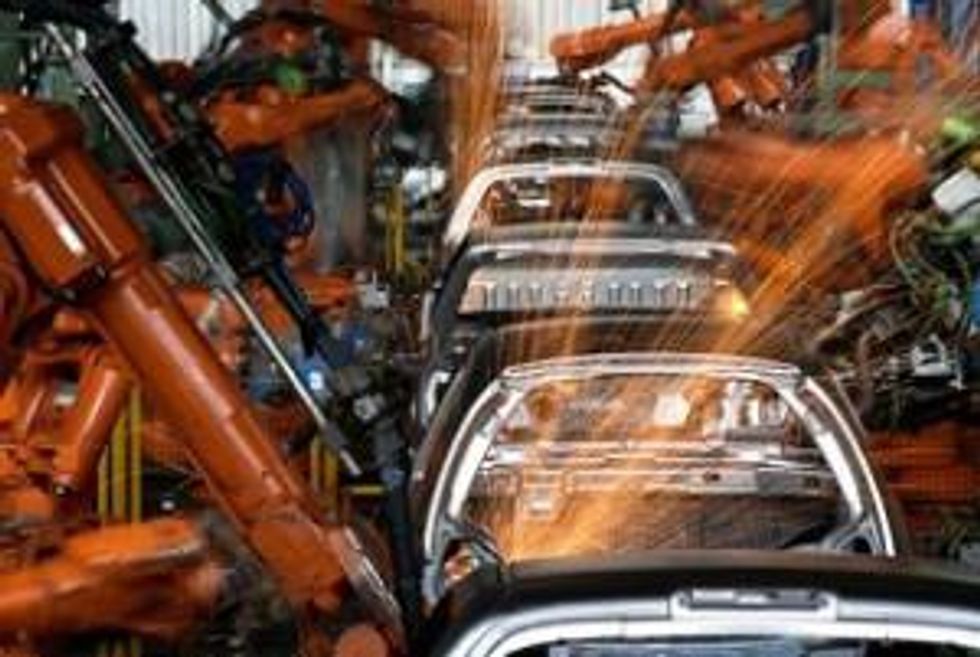Lighter Vehicles, Chinese Auto Sales Driving Magnesium Demand
A new report from Roskill states that continued efforts to make lighter vehicles could increase magnesium consumption by 5 percent a year to 2017.
Cue China, the world’s biggest auto market, where despite lowered expectations for economic growth, vehicle sales are rising. The Globe and Mail reported earlier this month that auto sales rose 9.3 percent from last year, to 14 million vehicles, driven primarily by lower prices.
However, it is not just higher vehicle sales that are pushing up demand for magnesium, which when joined with aluminum, makes an alloy prized for its lightness and strength; the trend toward smaller, lighter cars and SUVs is another key factor.
It’s not rocket science to figure out that vehicles made with lighter metals deliver better gas mileage. A Washinghton Post article notes that lighter steel and better designs are dramatically lowering the weight of cars without increasing their prices, boosting fuel economy by 50 percent.
“Continued lightweighting efforts mean growth in magnesium consumption is set to continue, at 5.0% per year through to 2017,” states Roskill.
Fuel economy is growing ever more important because in countries like China, where choking pollution levels in major cities has become a top priority for the government, standards are set to get tougher for auto manufacturers. The Financial Times reported in May that despite resisting international pressure for cuts in carbon emissions, the country is now considering an outright cap on emissions for its next five-year plan, 2016 to 2020.
“Part of the reason for China’s enthusiasm for controlling emissions is that policy makers see these controls as a way to rebalance China’s economy away from energy-intensive, resource-intensive sectors and towards “cleaner” sectors such as services and technology,” reported the Financial Times.
Add up these factors and you have good news for magnesium, asserts Roskill.
“The magnesium industry has benefited from a rise in automotive output, led by China, as well as increases in specific consumption of magnesium per vehicle as manufacturers seek to comply with government-imposed emission reduction targets and the rising cost of fuel impacting consumer buying trends,” explained the firm.
Magnesium consumption reached a new high in 2012 at 1.2 million tonnes, with demand growing 5.5 percent a year over the past decade. Growth in Chinese consumption has more than offset a slight fall in the rest of the world since 2007, and Asia now accounts for 43 percent of the global total, up from 35 percent, Roskill said.
China’s drive to cut emissions is also changing the way that magnesium is processed. While the country has benefitted from cheap, plentiful ferrosilicon and coal used in the energy-intensive Pidgeon process, “faced with rising energy prices and government pressures to lower emissions, Chinese magnesium companies have invested in process optimisation to lower costs,” according to Roskill.
The research firm notes that several companies in other countries, including Canada and Australia, are investigating new processes for primary magnesium production, but unless these can be economic at magnesium prices of US$2,500 to $3,000 per tonne, China will continue to increase its market share as demand grows. China is by far the largest magnesium producer, accounting for 75 percent of global output in 2012, with Russia and the United States together representing 16 percent.
Securities Disclosure: I, Andrew Topf, hold no direct investment interest in any company mentioned in this article.

